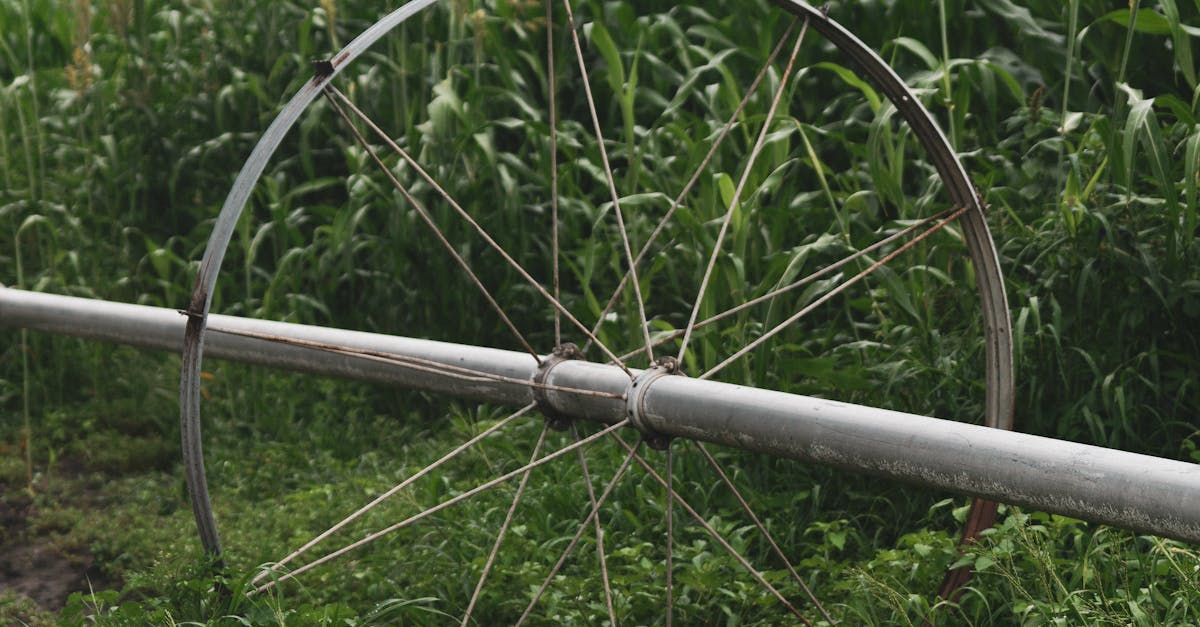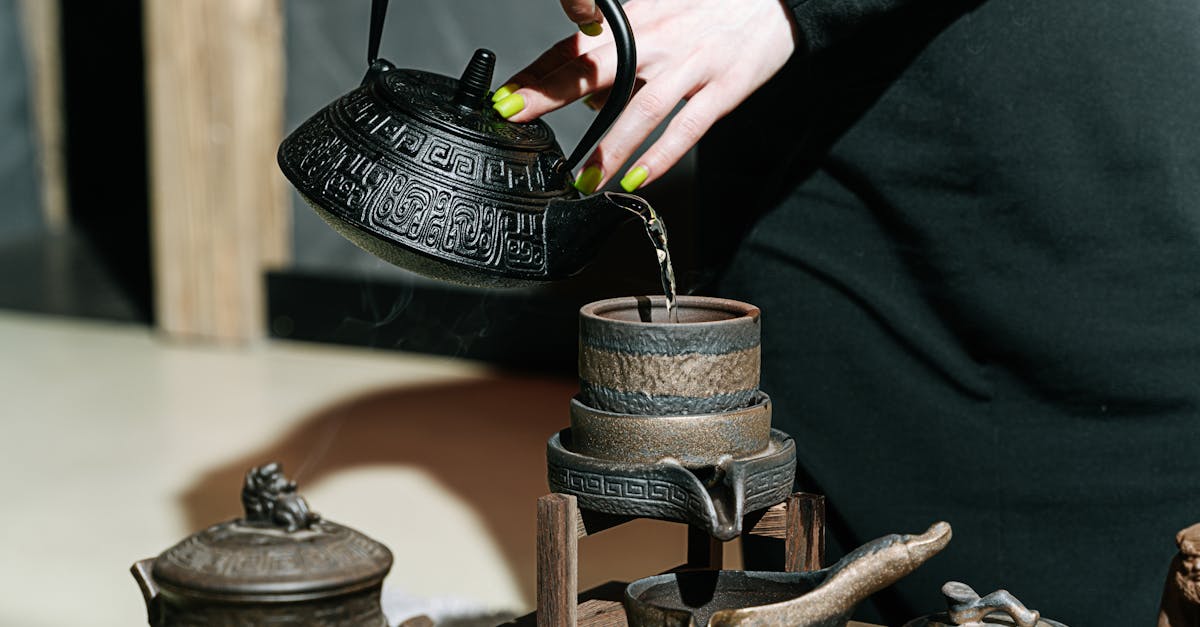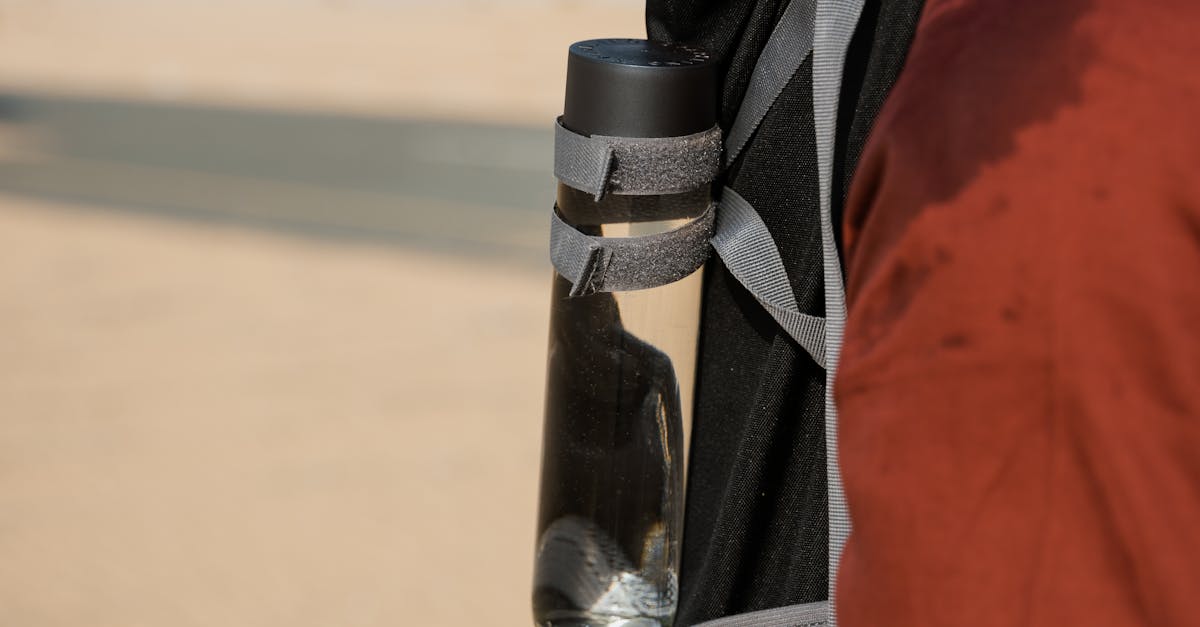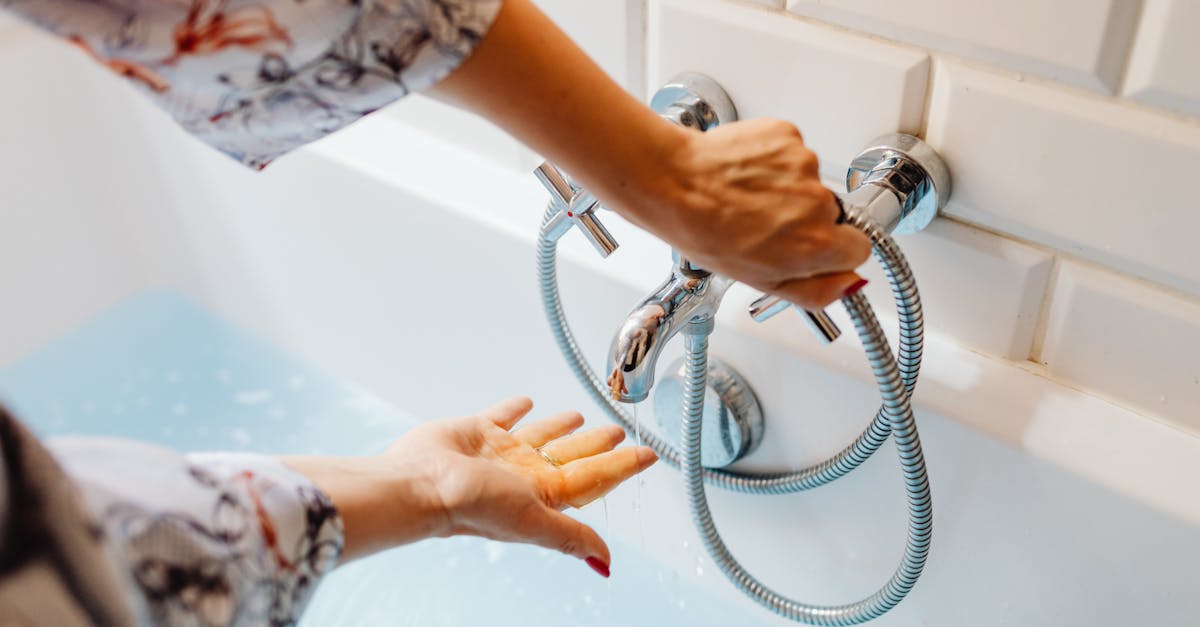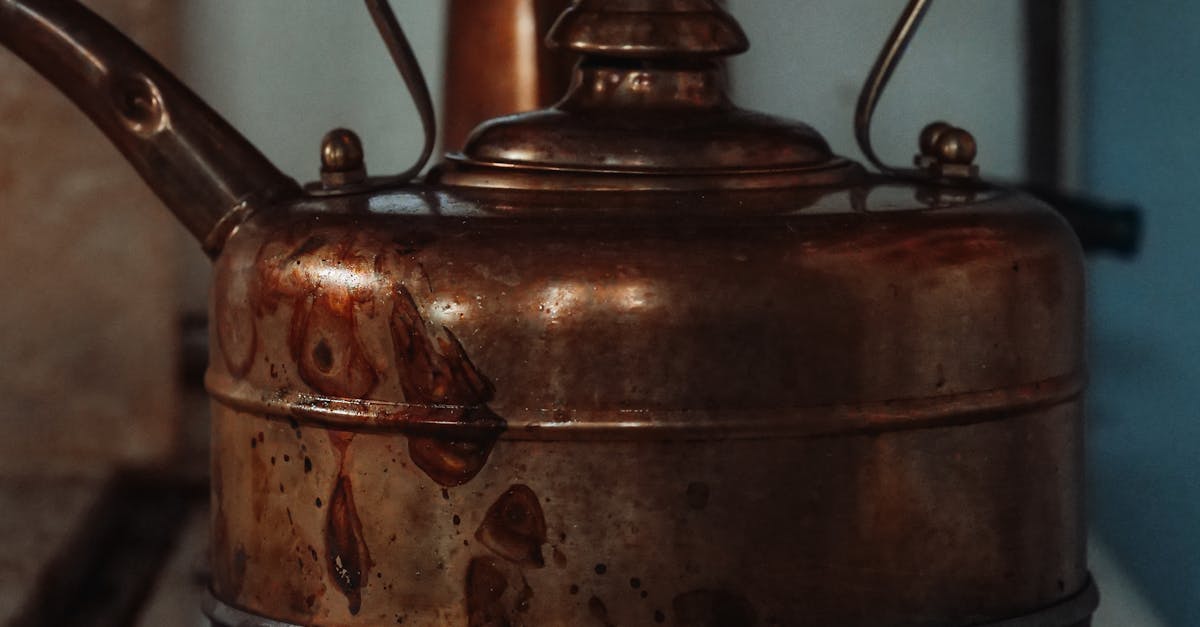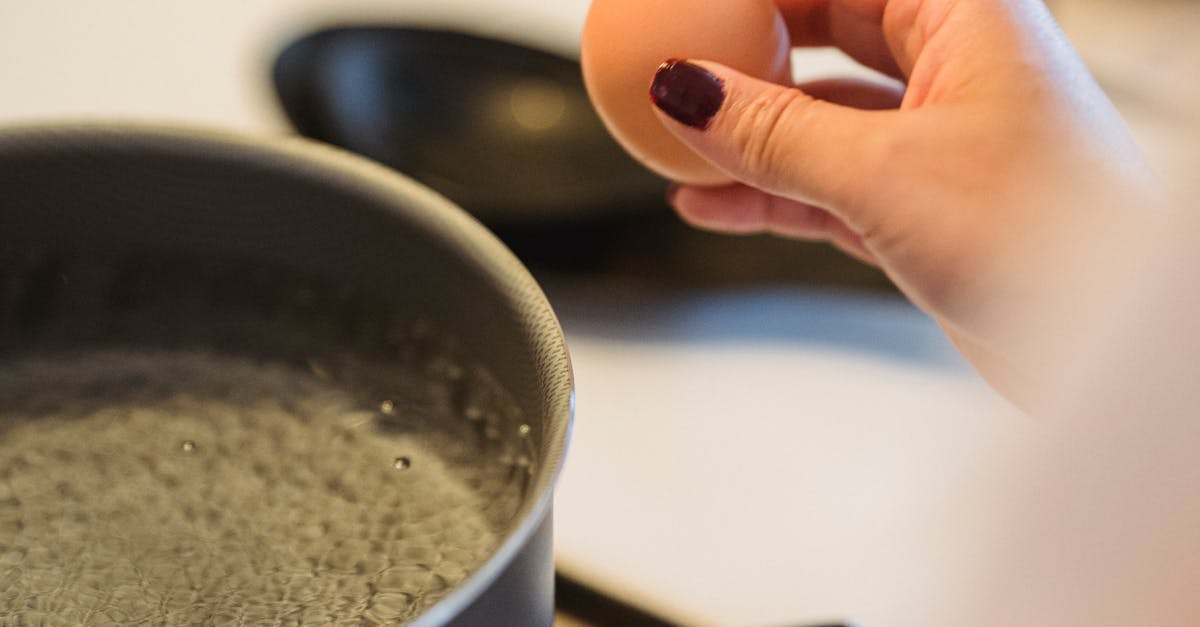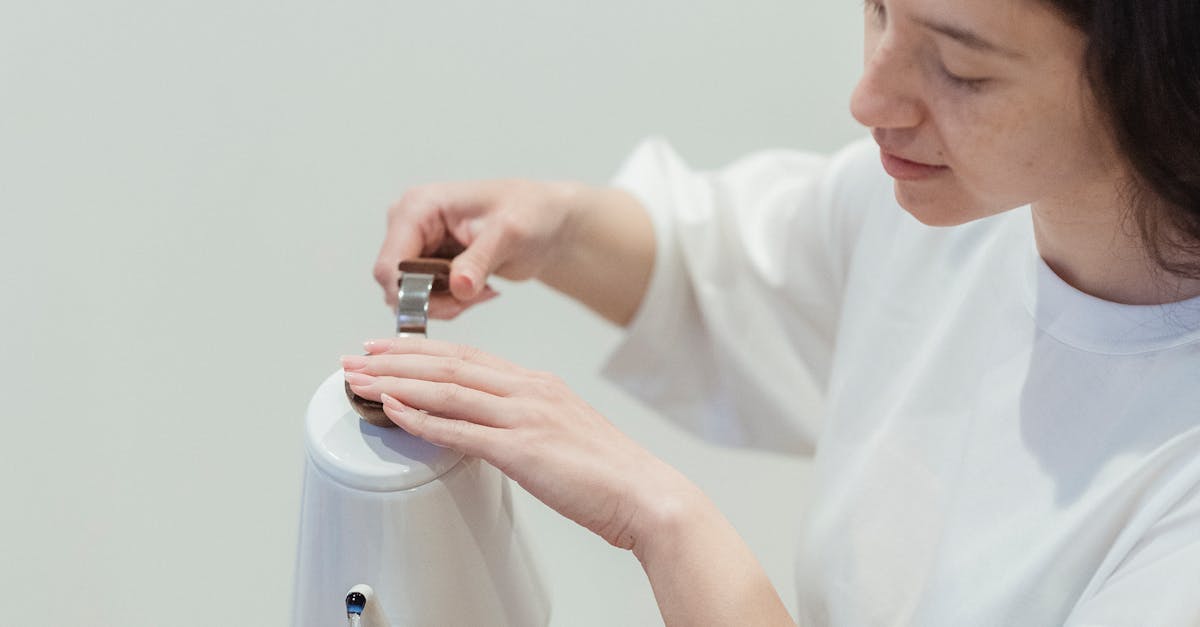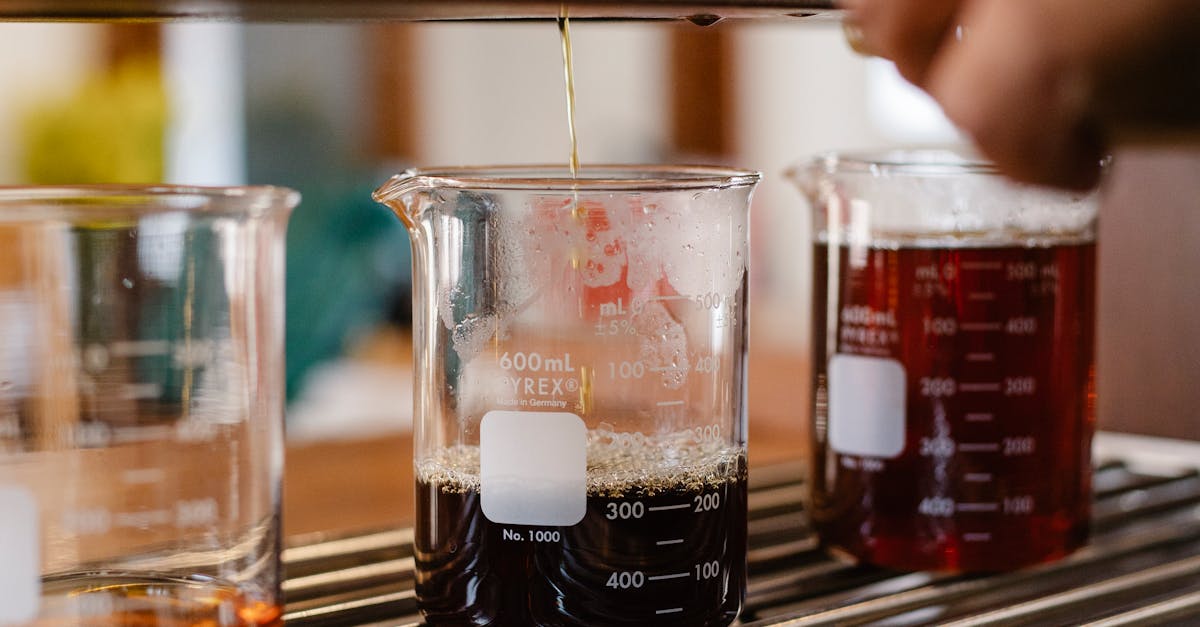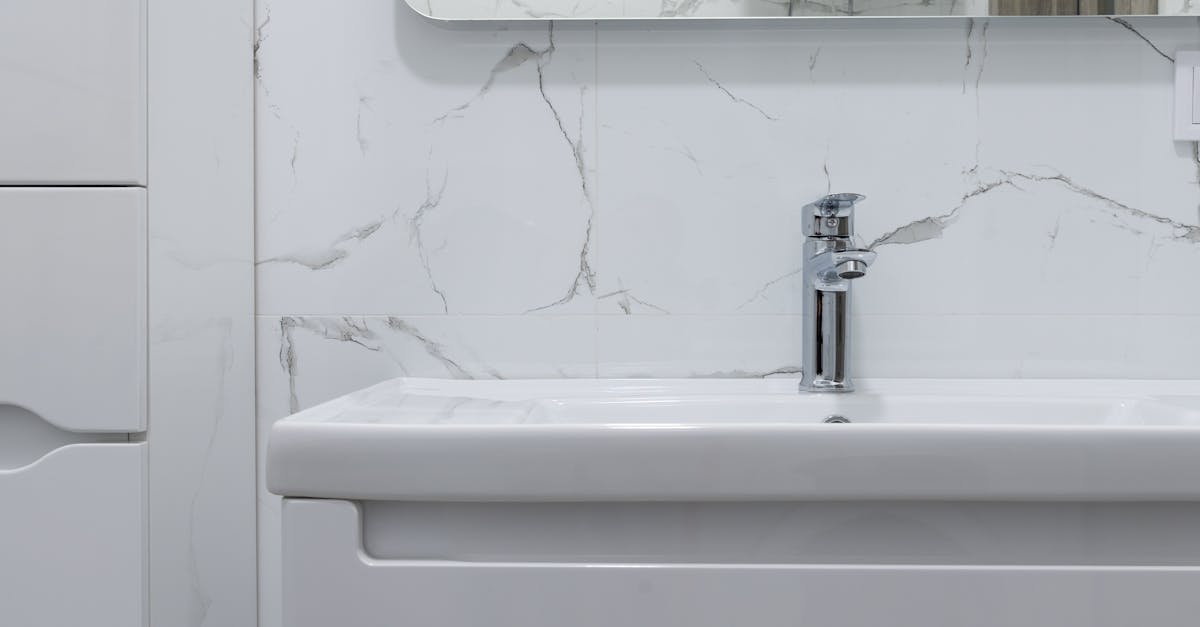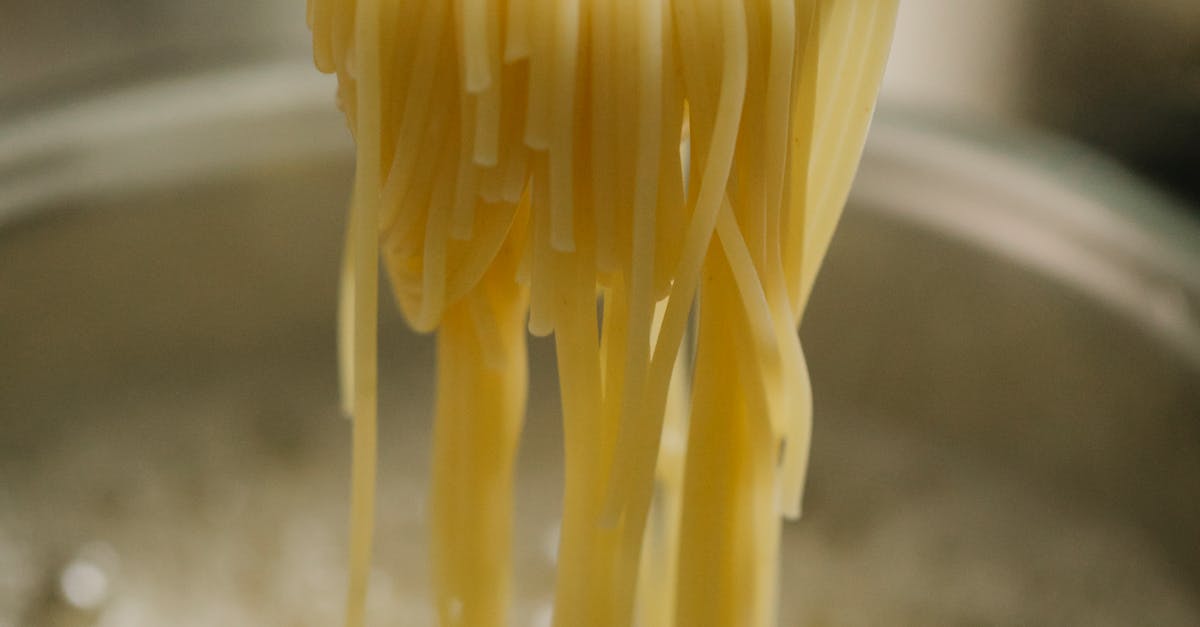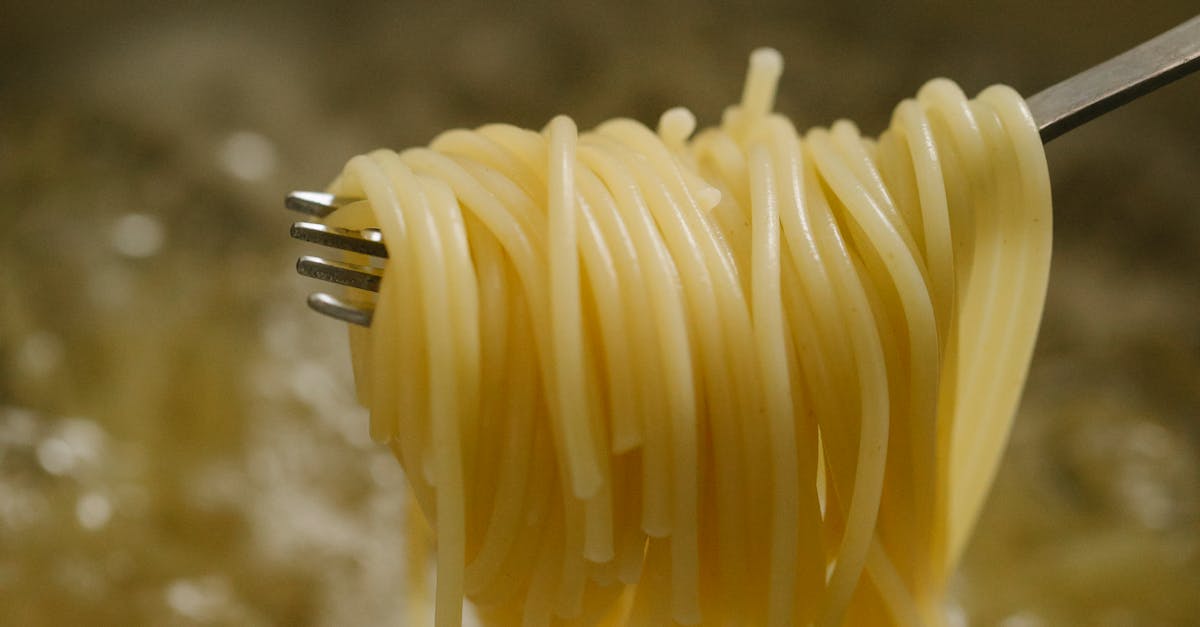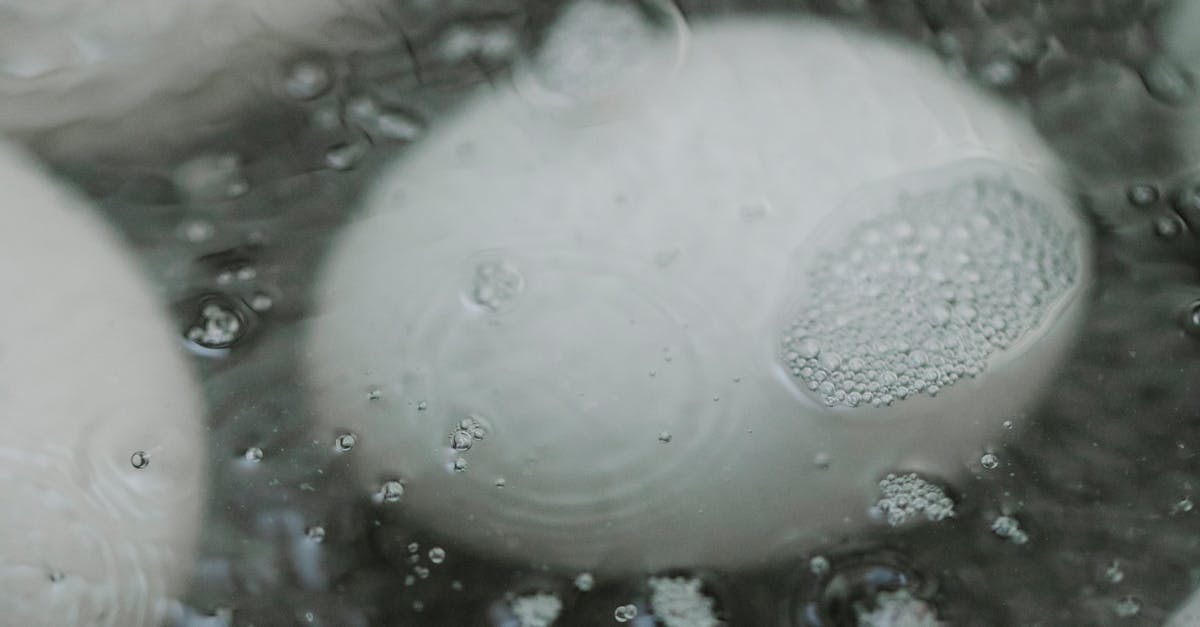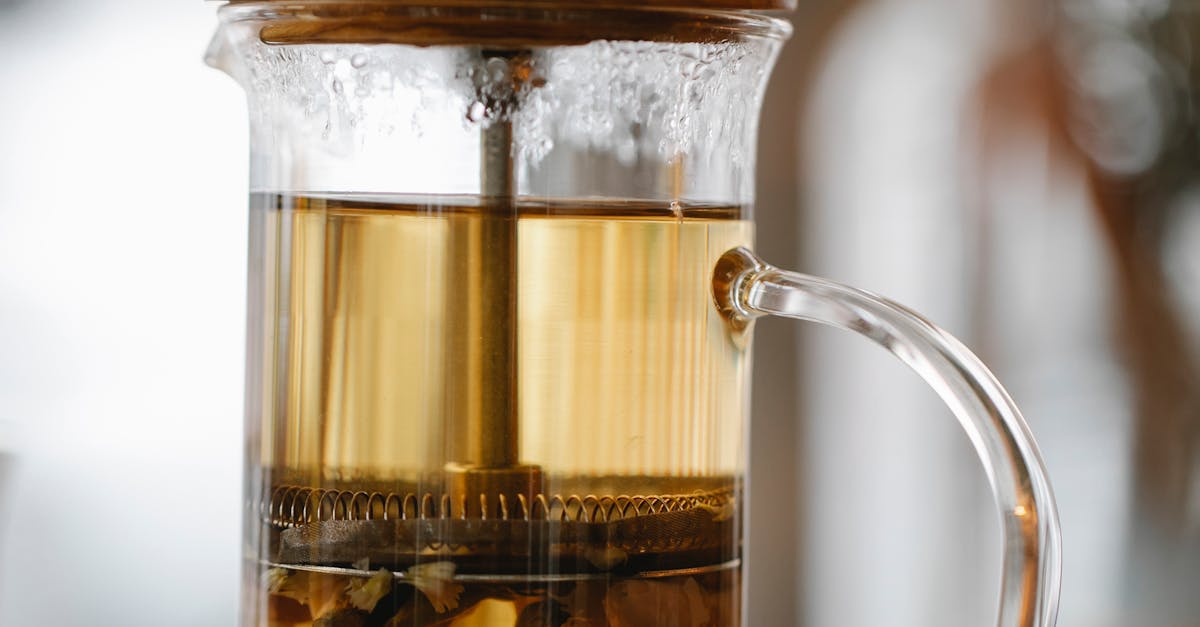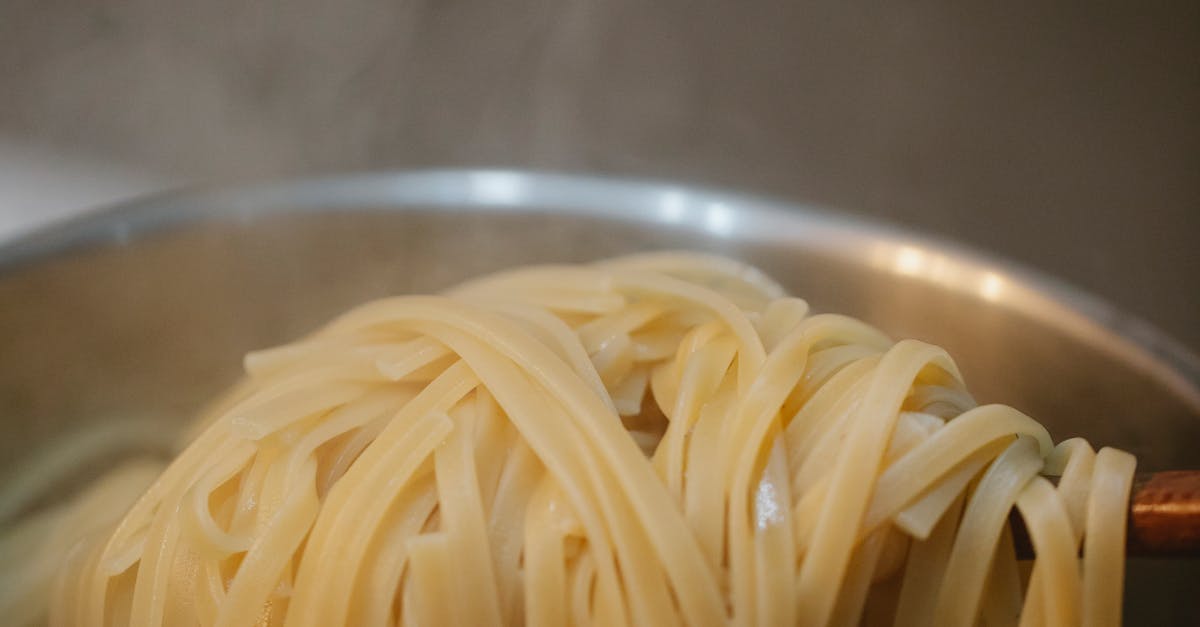
Table Of Contents
Electrical Issues in Hot Water Systems
Electrical issues can often be a leading cause of problems in a hot water system. Faulty wiring, broken thermostats, or malfunctioning heating elements may result in the system overheating. When these components start to fail, they can create erratic behavior in the hot water supply, leading to inconsistent temperatures or even boiling water. Understanding how electrical components function is crucial for identifying potential problems before they escalate.
Hot Water System Troubleshooting involves checking the electrical connections for signs of wear or damage. Inspecting the thermostat for proper calibration is essential; an incorrectly set thermostat can cause the heater to run continuously, creating excess heat. Additionally, looking for any visible signs of corrosion or burnt wires can help pinpoint issues that may be affecting performance and safety in the system.
Short Circuits and Their Effects
Short circuits can create significant issues within a hot water system. When electrical components fail to function properly, it often results in an excessive amount of heat being generated. This can cause the water heater to overheat, potentially leading to boiling water in the system. The risk of damage increases as temperatures rise, which could lead to leaks or a complete system failure.
Addressing short circuits is vital for the safety and efficiency of your hot water system. Conducting thorough hot water system troubleshooting can help identify any signs of electrical problems early on. Regular inspections can reveal worn-out wiring or faulty connections, preventing more serious incidents. Taking these steps not only contributes to the longevity of the system but also enhances overall performance.
The Importance of Regular Maintenance
Regular maintenance of a hot water system is crucial for its efficient operation and longevity. Over time, sediment can accumulate in the tank, leading to pressure build-up and inconsistent heating. Routine inspections and flushing of the tank can remove this buildup, ensuring that your system runs smoothly. Without proper care, minor issues may escalate into more significant problems that could result in costly repairs or even system failure.
Incorporating a maintenance schedule helps identify potential issues early on and allows for timely hot water system troubleshooting. This proactive approach not only enhances system performance but also increases energy efficiency, ultimately saving you money on utility bills. Regular checks ensure that all components, such as thermostats and heating elements, function correctly, preserving the comfort of your home.
Preventative Measures to Consider
Regular checks on your hot water system can help prevent issues before they escalate. Inspecting the system for leaks, checking pressure relief valves, and ensuring that thermostat settings are correct can contribute to its longevity. Cleaning sediment build-up is essential as well; it can cause inefficiencies and lead to overheating. Keeping an eye on these elements decreases the likelihood of unexpected malfunctions and promotes safe operation.
Implementing a preventative maintenance schedule provides added peace of mind. Enlisting the help of a professional for periodic inspections ensures all components function appropriately. This proactive approach aids in identifying potential problems early, making "Hot Water System Troubleshooting" less daunting. Moreover, understanding the basic functions and warning signs of your system allows homeowners to take action before minor issues turn severe.
Troubleshooting Steps to Take
Hot Water System Troubleshooting begins with checking the thermostat setting. If it is set too high, water may boil rather than just heat to the desired temperature. Adjusting the thermostat to a more moderate level can help prevent excessive boiling. It is also essential to inspect the heating element for any signs of malfunction. A faulty element can cause overheating and should be replaced if necessary.
Another key step in Hot Water System Troubleshooting involves examining the pressure relief valve. A valve that is stuck or malfunctioning may contribute to increased pressure within the tank, leading to boiling. Testing the valve's functionality can be done by manually lifting the lever to release some pressure. If the valve does not operate correctly, replacement is advised to ensure safe operation. Additionally, checking for any leaks or corrosion around the system can help identify potential issues that may affect performance.
Initial Checks and Solutions
When faced with a boiling hot water system, the first step is to assess the thermostat settings. A malfunctioning thermostat can lead to incorrect temperature readings, causing the system to heat water beyond the desired level. Check if the thermostat is set too high, and adjust it to a more suitable temperature. Regularly monitoring the settings can help prevent overheating issues.
In addition to checking the thermostat, inspect the wiring for any visible signs of damage. Loose connections or frayed wires can create short circuits, which may contribute to overheating. Conducting hot water system troubleshooting should include examining the electrical components for any faults. If issues persist, it might be necessary to seek professional help to ensure the safety and efficiency of your hot water system.
FAQS
What causes my hot water system to keep boiling?
Continuous boiling in a hot water system can be caused by electrical issues, such as short circuits, or malfunctioning thermostats that fail to regulate the water temperature appropriately.
How can I tell if there’s a short circuit in my hot water system?
Signs of a short circuit include frequent tripping of circuit breakers, unusual noises from the hot water system, or water that is consistently hotter than the set temperature, which may indicate a fault in the system.
How often should I perform maintenance on my hot water system?
It is recommended to conduct maintenance on your hot water system at least once a year to ensure it operates efficiently and to identify any potential issues before they escalate.
What preventative measures can I take to avoid problems with my hot water system?
Regular maintenance checks, using a temperature-limiting device, and ensuring the electrical system is in good condition can help prevent problems with your hot water system.
What initial troubleshooting steps should I take if my hot water system is boiling?
Start by checking the thermostat settings, examining the circuit breaker for any issues, and inspecting the wiring for any visible damage. If you are unable to identify the problem, it may be best to consult a professional.









